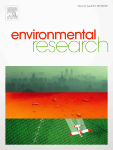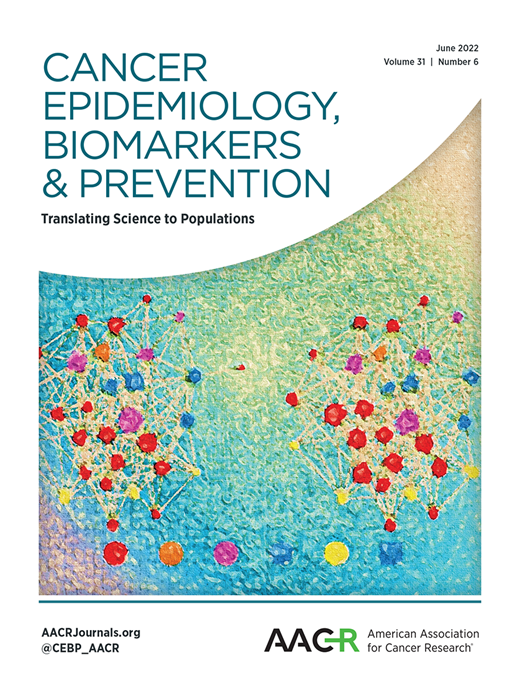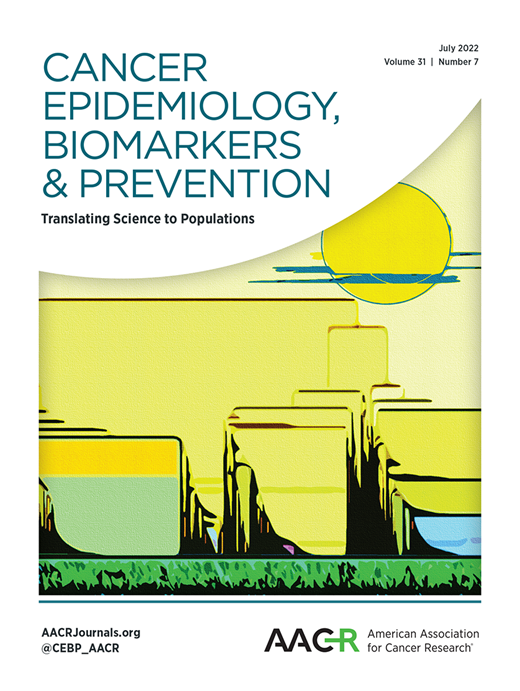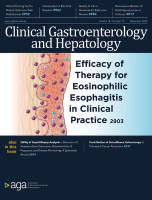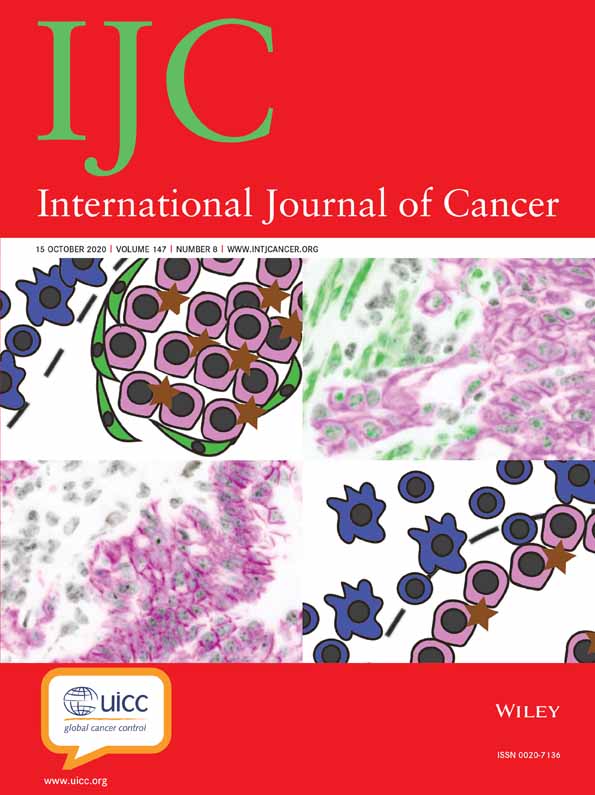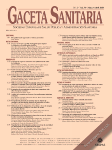Methodological issues in a prospective study on plasma concentrations of persistent organic pollutants and pancreatic cancer risk within the EPIC cohort
Background The use of biomarkers of environmental exposure to explore new risk factors for pancreatic cancer presents clinical, logistic, and methodological challenges that are also relevant in research on other complex diseases. Objectives First, to summarize the main design features of a prospective case-control study –nested within the European Prospective Investigation into Cancer and Nutrition…



